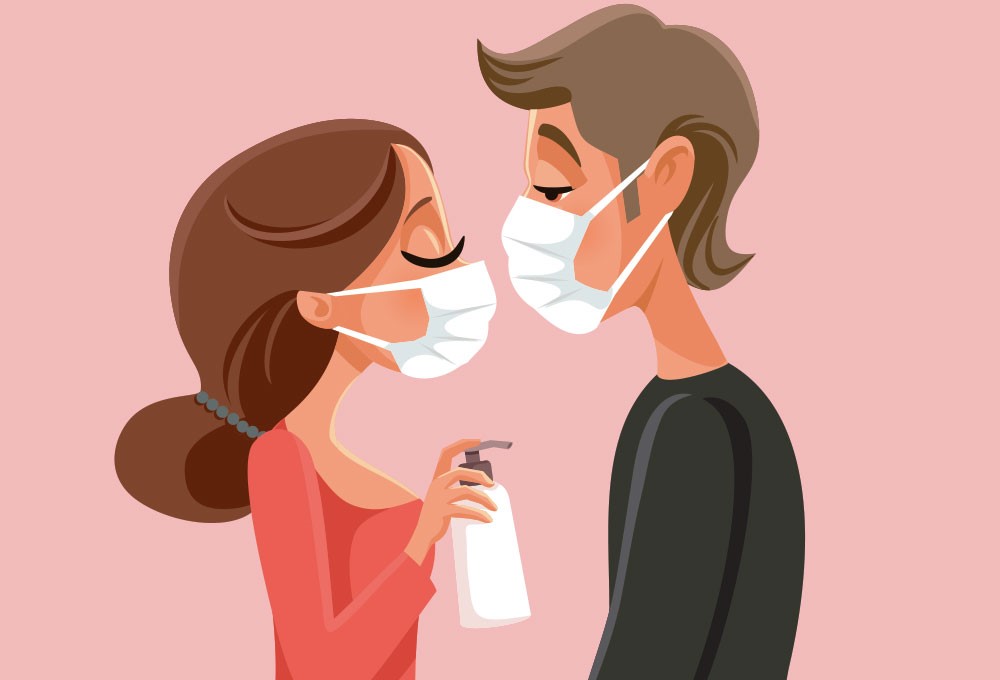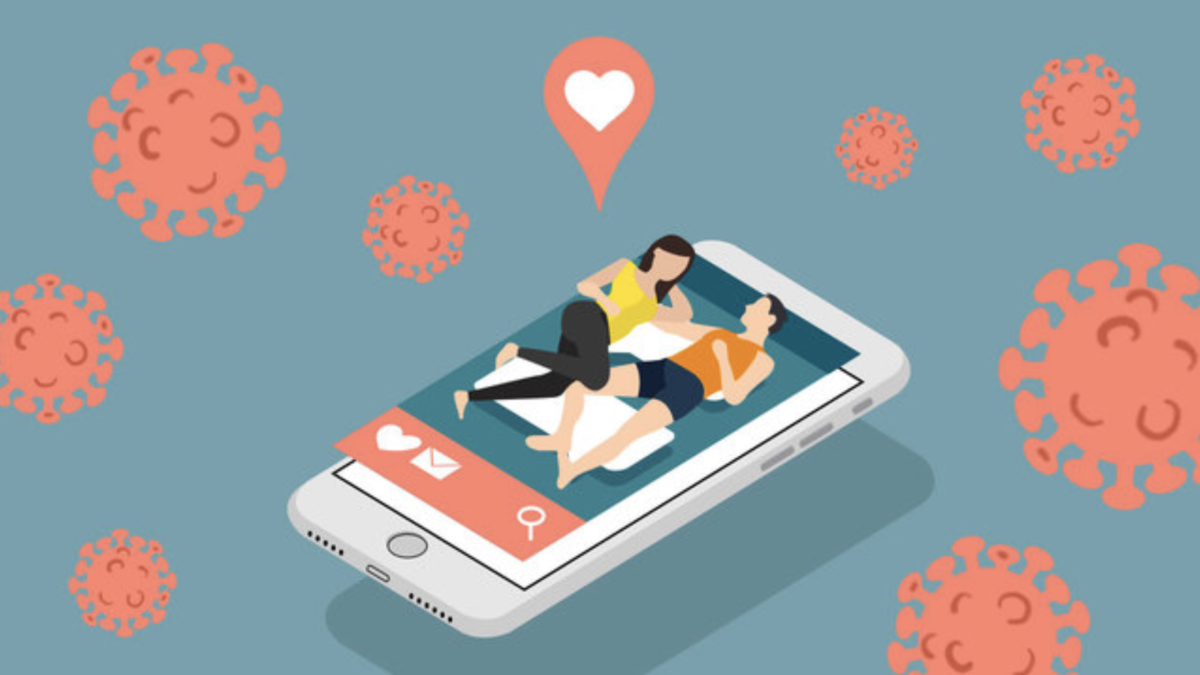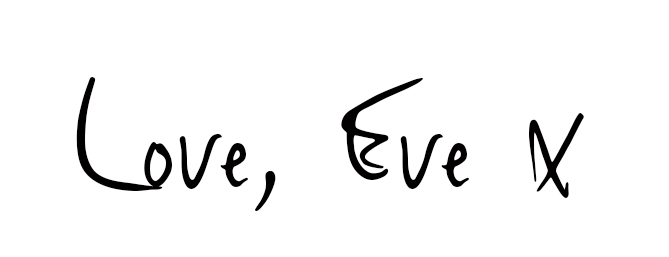
Virtual dates, socially distanced meet-ups and more reliance on conversations and “getting to know each other”, welcome to the new world of dating during a pandemic. A coronavirus world in which the path to love is literally plagued – or is it?
If you thought dating was complicated before, with ghosting, benching and all the other dating terminology we were just about getting our heads round, then this new way of navigating our love lives may seem pretty difficult.
On the outside, it’s scary, new and different, heck there’s a new phrase “zumping” – breaking up with someone over a Zoom call 😱; the question is, does dating during a pandemic provide something which we all were missing before?
Three years ago, I wrote an article called Is a life-long relationship realistic in the 21st century? In it, I detailed how we now live in the age of the six-second attention span, and grass is always greener attitude. It’s the era where you have a 50% chance of a divorce after marriage, and cheating is so normalised and rife, that most of us millennials and centennials inherently develop some kind of insecurity complex.
I wrote about the factors which make long-term relationship ever more difficult to attain and commit to in this fast-paced world we live in. I then, in 2018, wrote an article called Are We All Scared Of A Happily Never After? Almost furthering the idea that we seem to be resembling the walking-wounded more and more. Dejected, rejected, heartbroken. We have more trust issues, more walls up and more insecurities than ever before.
[Read: Has The Internet Broken Dating]So can living during this coronavirus pandemic, with all the fear and uncertainty, bring back the notion of “courtship”, and building a solid foundation with someone, set-up for the long run?
Arguably, more than ever we need love. We need compassion, empathy, comfort and most importantly, to open our eyes to the need to love others, and not just to think about ourselves. The changes in the way we live now are serious. Britain is already known as the loneliness capital of Europe (I’m not even joking), and during a socially distanced pandemic, we need that human interaction.
The most obvious route to dating in the time of Coronavirus would be via a dating app. Gone are the days of meeting someone in real life, seeing them in person for the first time, getting butterflies in your stomach as their eyes meet yours or their hand brushes your arm. Who knows how long until we will hold another person’s hand without fighting the urge to slather it in sanitiser first?
Dating apps have noted a surge in users: Bumble reported a 35% increase in the average number of messages sent since the outbreak began, in addition to a surge in voice and video calls using the app. Tinder has also reported a major spike in user activity – with conversation lengths up to 30% longer than they were last month, which is not surprising considering everyone has more time on their hands to think of the best one-liners to woo someone.
With casual sex off the table, Coronavirus has somehow taken us back in time where dating resembles the more traditional, archaic courting period we would nowadays only see in the latest period drama movie.

Instead of ruining the romance of dating, it simply means we’ve had to adapt. It then puts the emphasis on getting to know each other and may even fast-track everything – you may have conversations you wouldn’t normally have had so early on and as a result those solid feelings may develop.
In many ways, Coronavirus has not simply shifted where we date, but changed its entire purpose. People who might have once favoured casual flings and short-term romance are now, without any chance of imminent physical interaction, having to go down a more traditional route of courting.
Psychologist Daria Kuss explains that removing the physical element from dating allows couples to focus on forming deeper emotional and intellectual connections. “The time and energy that is invested in these behaviours may then also help the couple to form a strong and steady bond,” she adds.
For lots of people, despite never meeting in person, they are experiencing this increased intensity: not least because digital dates are able to happen more frequently than they would in person.
The downside to all this is behaviour such as ghosting and orbiting is likely to occur in virtual relationships in comparison to physical relationships because there are fewer consequences to our online behaviour.
But don’t let this scare you away – now is a really great time to get to know new people and embrace this new way of dating. Who knows, it may even lead to a deeper meaningful relationship and a socially distanced date in real-life!
[Read: How To Handle Dating Apps If You’re A Little Bit Scared of Them]What if you’re already in a relationship?
Couples in relationships aren’t immune from the coronavirus pandemic impact either. Thanks to the lockdown, those who already live together will be spending far more time together than normal, and those who don’t are having to spend months apart.
While it can be such a tough time, dating psychologist from The Vida Consultancy, Madeleine Mason Roantree suggests there is no better time for unmarried couples to see whether or not their relationship can go the distance. “It’s through difficult times that couples come together and find a new shared meaning,” she explains in an interview with The Independent.
“When we show one another compassion and vulnerability something magical can happen. While inevitable frictions will occur, being stuck together could be the very thing that shows you how compatible you and your partner really are.” She added.
Could this mark the beginning of a new era for modern dating? Only time will tell.
Stay safe my lovely readers,



